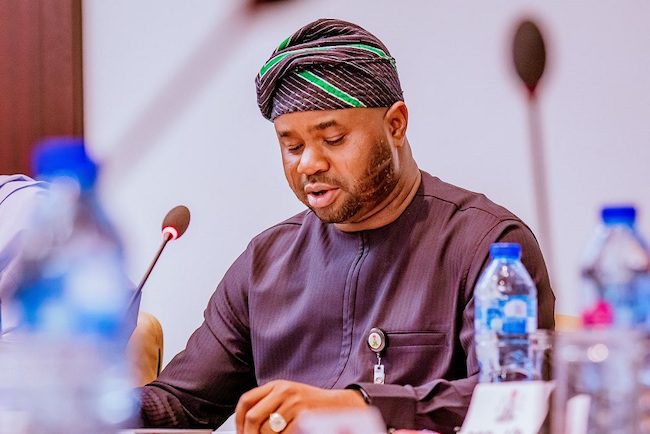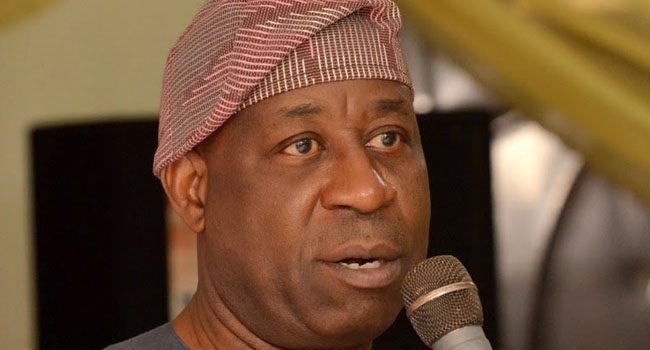The Executive Chairman of the Federal Inland Revenue Service, Zacch Adedeji, has recently announced significant plans for the Service to seek the support of the National Assembly in enacting comprehensive legislation aimed at regulating the cryptocurrency industry in Nigeria. During a stakeholder engagement event with both the Senate and House Committee on Finance, Adedeji emphasized the critical need for a robust regulatory framework that would govern the operations of cryptocurrencies within the country. He pointed out that establishing such regulations is not just a matter of compliance but is also essential for fostering a conducive environment for innovation and economic growth.
In his address, Adedeji articulated that the initial step in this process is to create a law that specifically governs the crypto sector. He noted that engaging with lawmakers is vital, as they will play a crucial role in laying the groundwork for effective regulation. “We are here with the legislature, which will be the base of charging,” he stated, underscoring the importance of collaboration between the executive and legislative branches. Adedeji further stressed the inevitability of adapting to innovations like cryptocurrency, urging stakeholders to prepare for its integration into the economic landscape. He highlighted that the global trend is moving towards the regulation of digital currencies, and Nigeria must not lag behind.
Read Also: Ondo 2024: Mimiko’s Aides and Associates Have Defected to the APC.
During his opening remarks, Adedeji took the opportunity to inform the legislators about an upcoming bill that aims to overhaul the entire process of revenue administration in Nigeria. This proposed legislation is designed to harmonize, recode, and simplify the existing tax laws, some of which are outdated and no longer relevant in the digital age. For instance, he pointed out the need to modernize the Stamp Duty Act of 1939, which was established long before the advent of the internet and digital financial transactions. This modernization is crucial to ensure that Nigeria’s tax laws are aligned with current economic realities and technological advancements.
Furthermore, Adedeji highlighted the pressing issue of the current lack of legal frameworks governing cryptocurrency in Nigeria. He candidly stated, “Today, we cannot run away from cryptocurrency, but as we stand today, there is no law anywhere in Nigeria that regulates it.” This acknowledgment underscores the urgency of establishing a regulatory environment to address the growing relevance of digital currencies, which have gained significant traction among investors and the general public alike. The absence of regulation leaves the market vulnerable to potential risks and uncertainties, making it imperative for the government to act swiftly.
The scrutiny of cryptocurrency platforms has intensified in recent months, especially following accusations against Binance by the Nigerian government for allegedly manipulating the naira-to-dollar exchange rate. This heightened scrutiny reflects broader concerns about the implications of cryptocurrencies on the economy and financial stability. As digital currencies continue to grow in popularity, the government is increasingly aware of the need to monitor and regulate these platforms to protect consumers and maintain market integrity.
In response to these challenges, Nigeria has recently implemented a 7.5% Value-Added Tax on fees associated with cryptocurrency transactions. This move indicates the government’s recognition of the need to regulate the sector while also generating revenue from emerging digital financial activities. By imposing this tax, the government aims to create a framework that not only legitimizes cryptocurrency transactions but also ensures that they contribute to the national revenue. This step is seen as a proactive measure to embrace the changing financial landscape while safeguarding the interests of the Nigerian economy.




